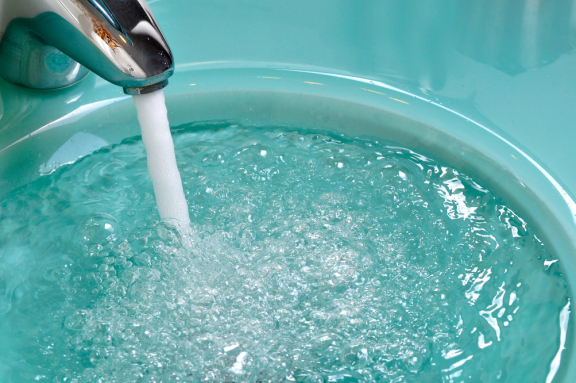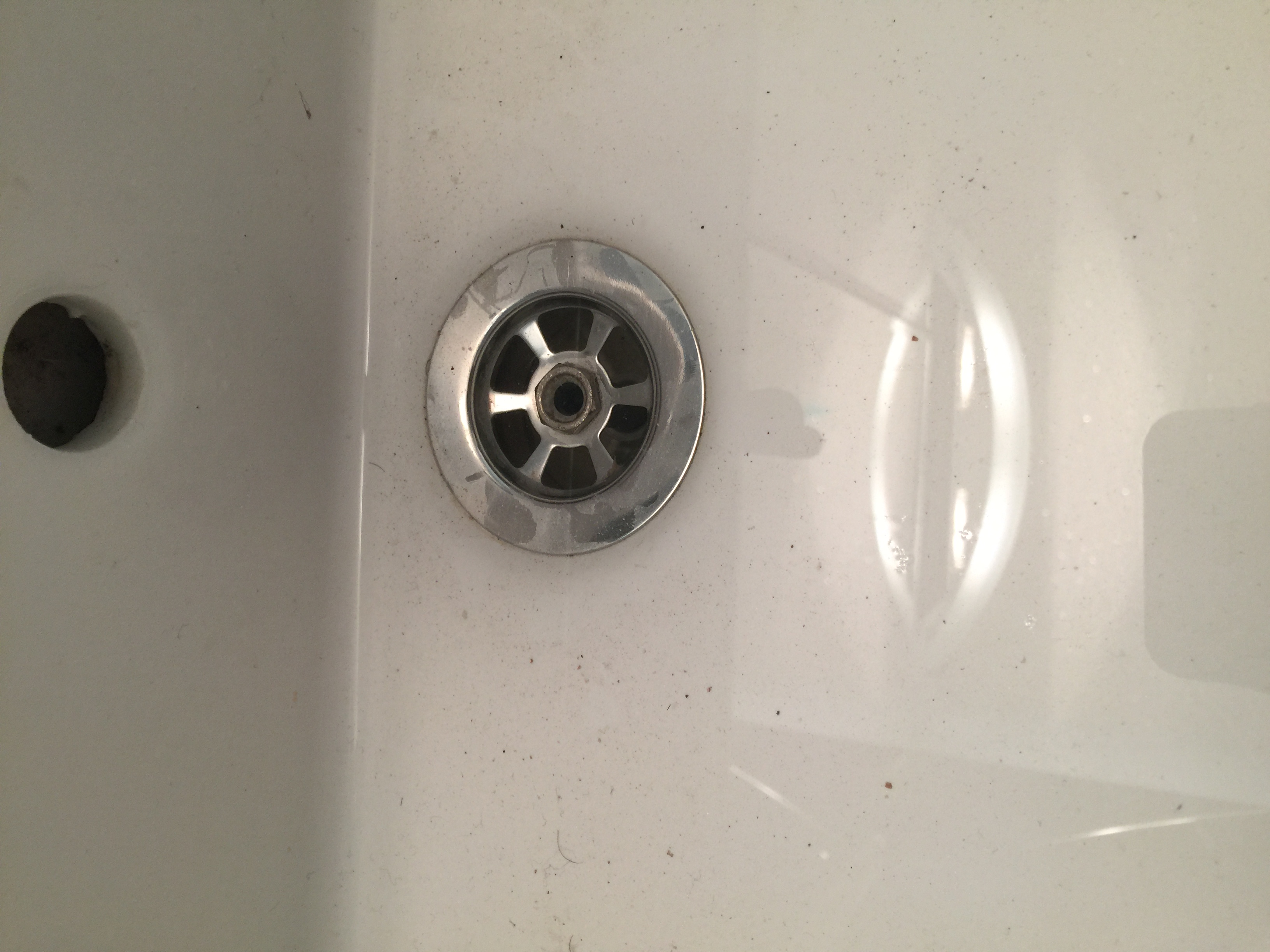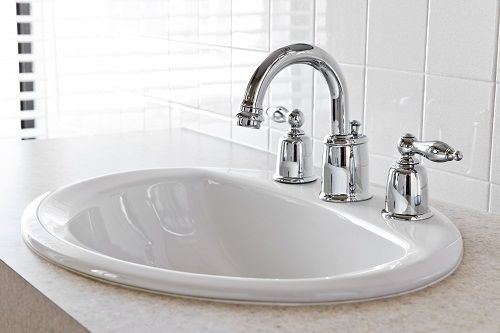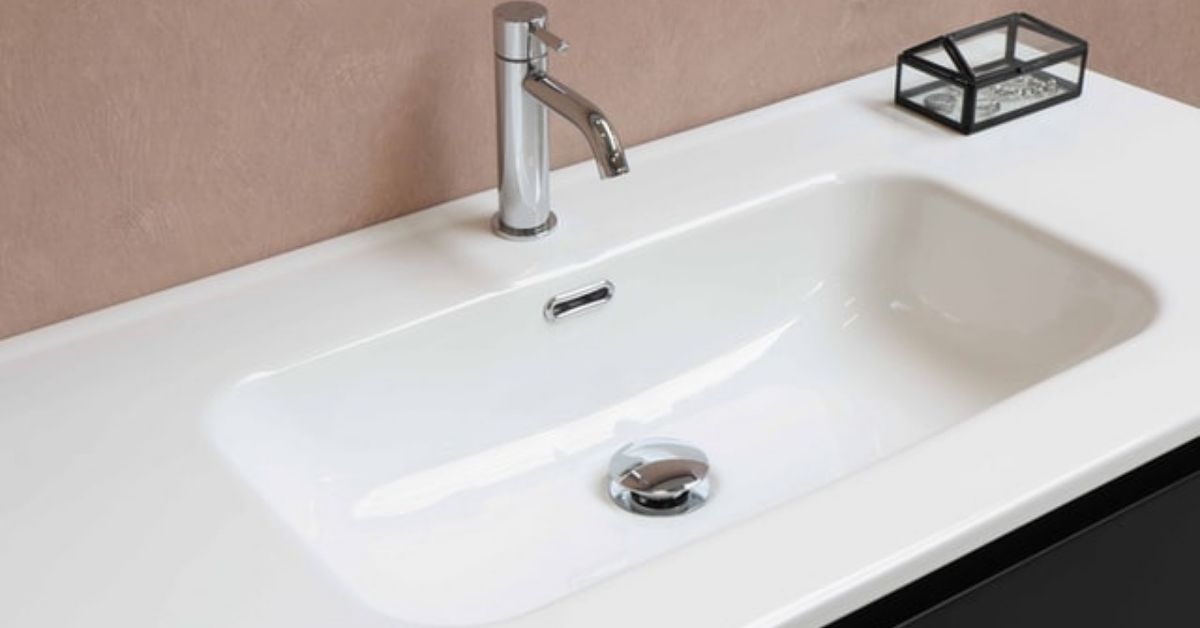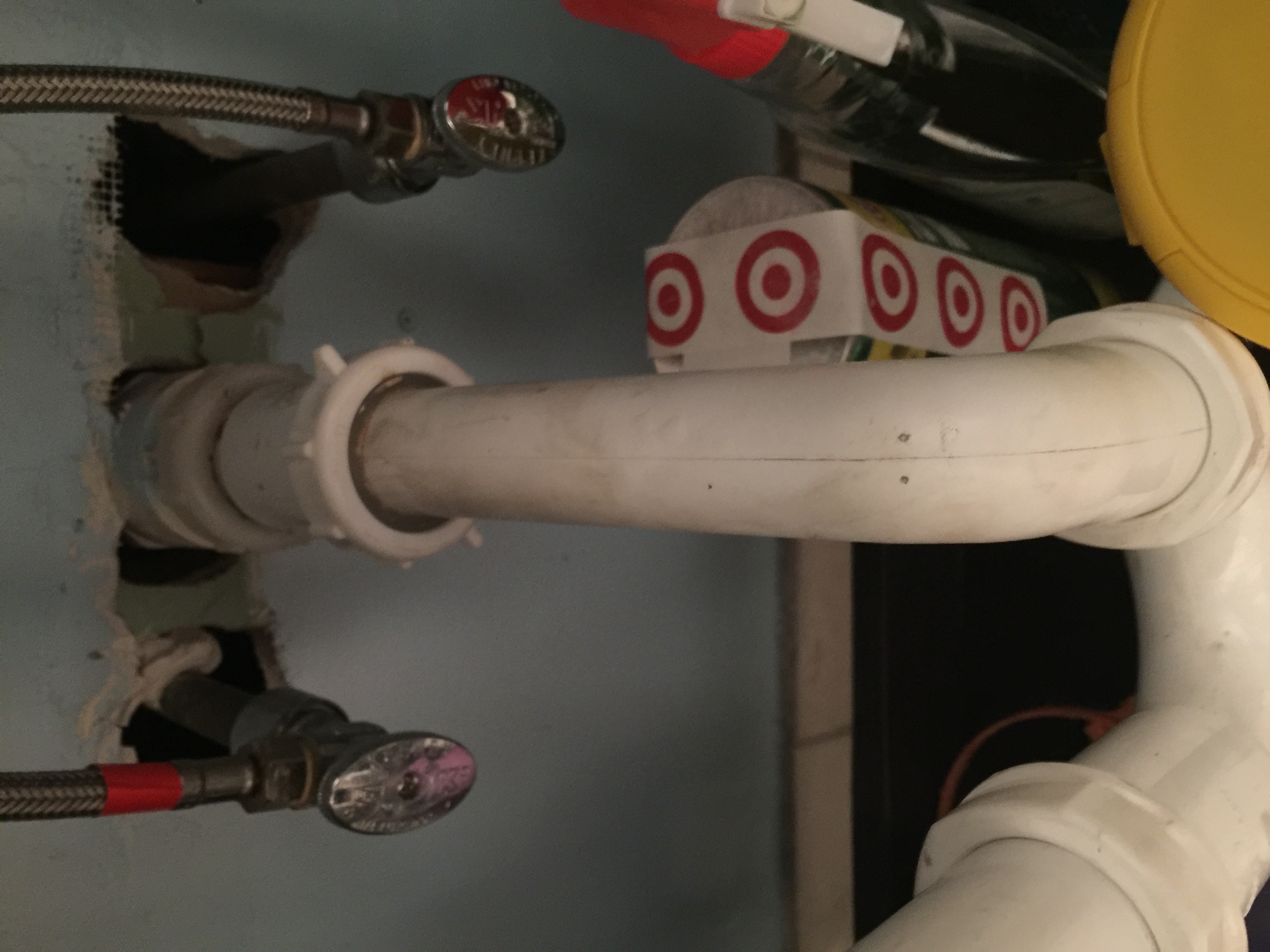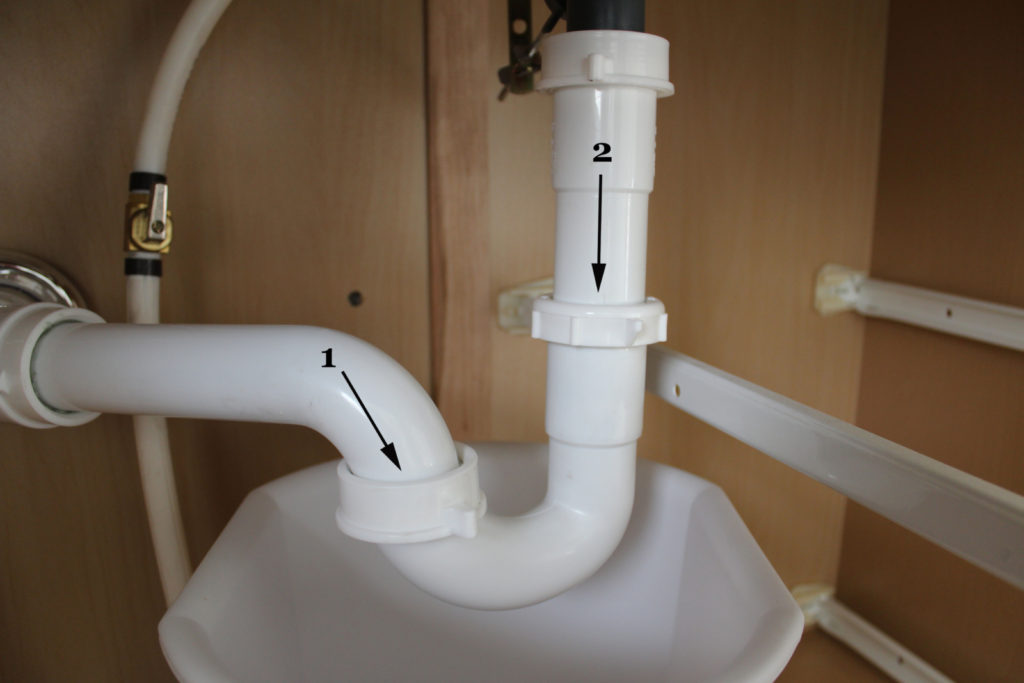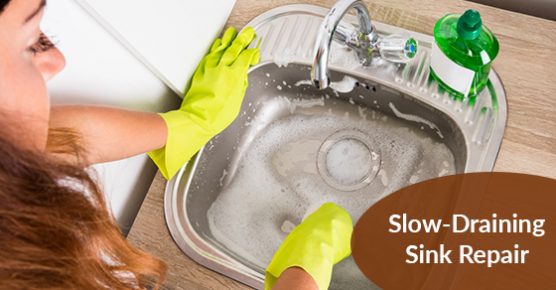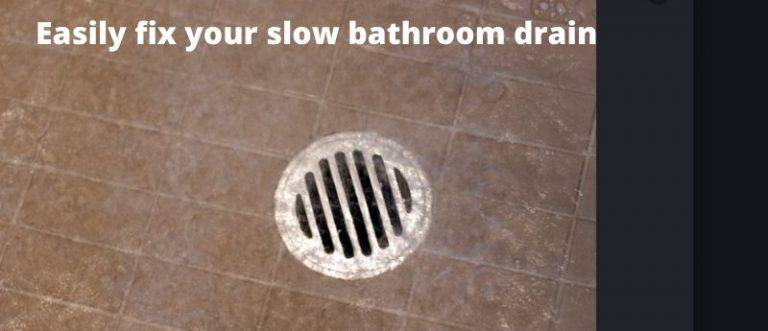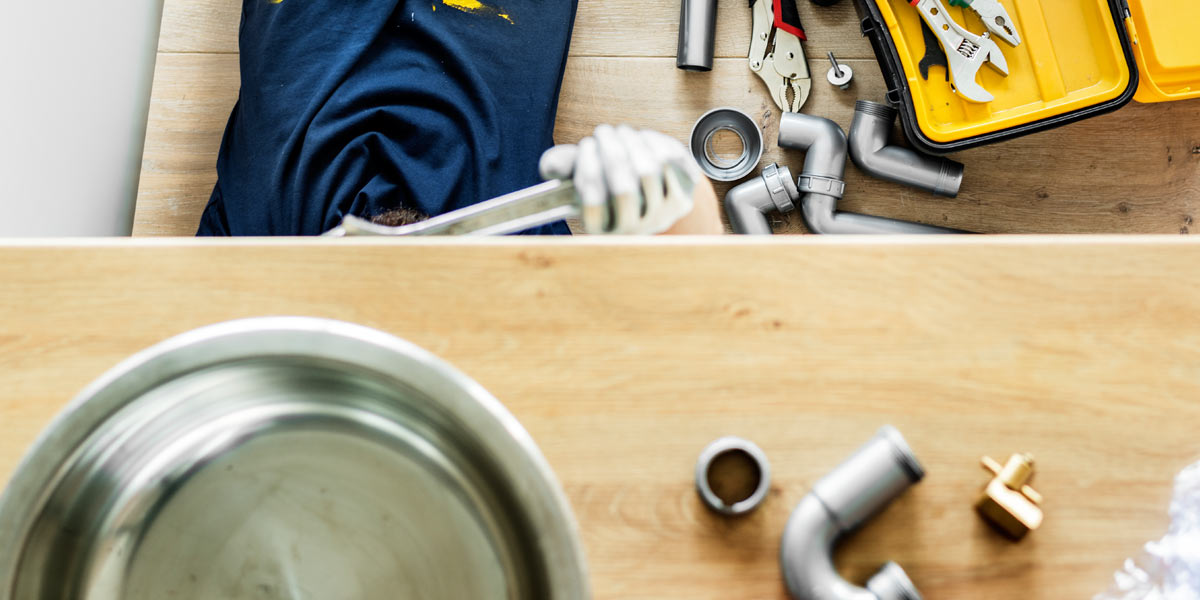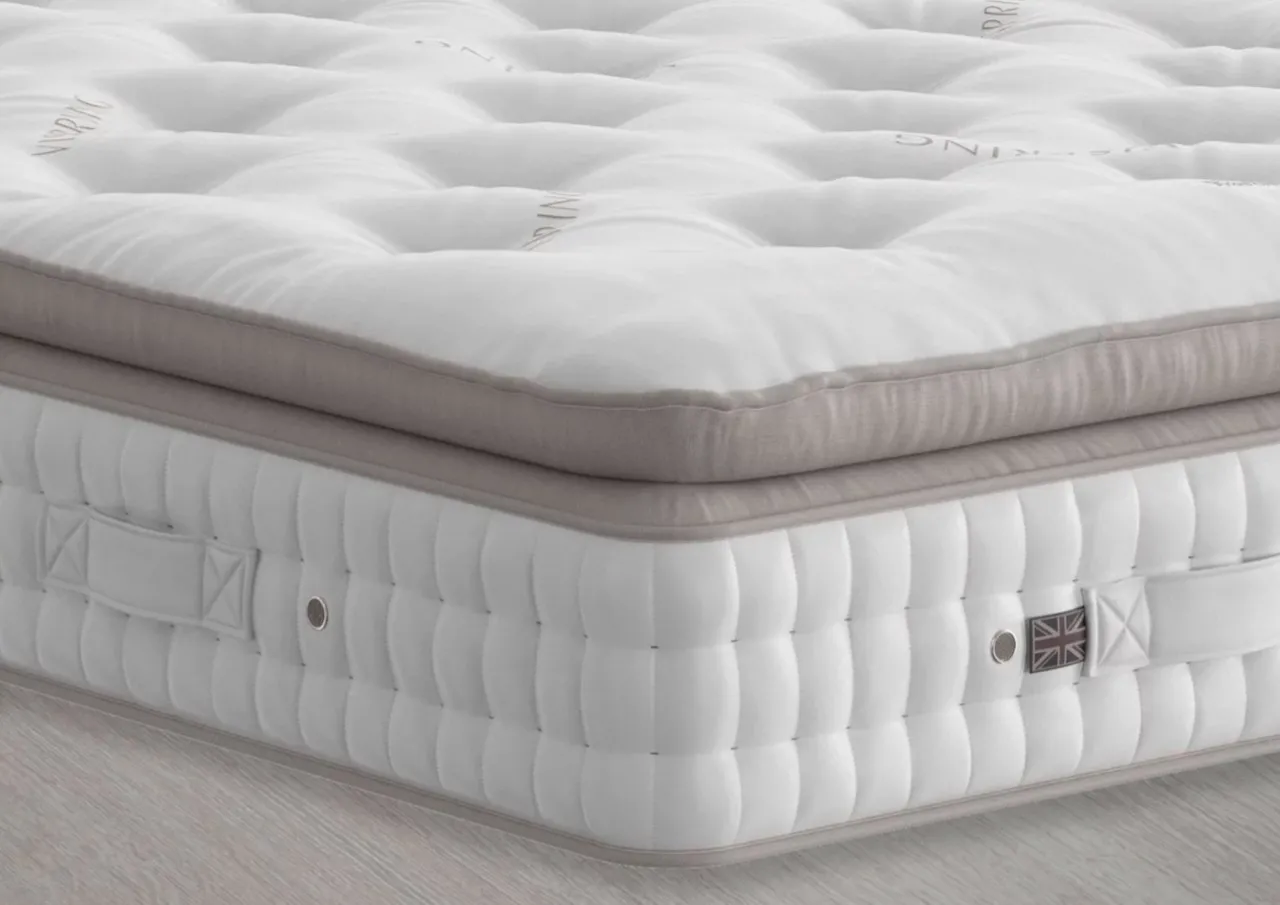If you've ever been frustrated by a slow draining bathroom sink, you know how annoying and inconvenient it can be. Standing in a pool of dirty water while trying to brush your teeth or wash your face is not a pleasant experience. But fear not, there are several possible solutions to this common problem. In this article, we'll explore 10 ways to fix a slow draining bathroom sink and get your plumbing back in working order.Fixing Slow Draining Bathroom Sink: 10 Possible Solutions
Before we dive into the various solutions, it's important to understand the causes of a slow draining bathroom sink. Hair, soap scum, and other debris can build up in the drain over time, creating a clog that restricts water flow. This can also be caused by a faulty or improperly installed drain pipe. With that in mind, let's take a look at some DIY tips for fixing a slow draining bathroom sink.How to Fix a Slow Draining Bathroom Sink
If you're feeling handy and want to tackle the problem yourself, there are a few methods you can try. First, you can use a plunger to try and dislodge the clog. Simply cover the drain with the plunger and push down and pull up several times. If that doesn't work, you can try using a plumbing snake to break up and remove the clog. You can also try using a mixture of baking soda and vinegar to dissolve the debris in your pipes.DIY Tips for Fixing a Slow Draining Bathroom Sink
As mentioned earlier, hair, soap scum, and other debris are the most common causes of a slow draining bathroom sink. However, other factors can contribute to this issue. For example, if you have hard water, mineral deposits can build up in your pipes and cause blockages. Another possible cause is a blocked or damaged vent pipe, which can prevent proper drainage. It's important to identify the root cause in order to effectively fix the problem.Common Causes of Slow Draining Bathroom Sinks
If you're short on time or don't feel comfortable trying to fix the problem yourself, there are a few quick and easy fixes you can try. First, you can use a commercial drain cleaner to dissolve the clog. However, be cautious when using these products as they can be harsh and damaging to your pipes. Another option is to remove the drain stopper and clean it thoroughly, as this can often be the source of the blockage.Quick and Easy Fixes for a Slow Draining Bathroom Sink
If the DIY methods don't work or you'd rather leave it to the professionals, there are a few solutions a plumber can offer. Hydro-jetting is a highly effective method for clearing stubborn clogs, as it uses high-pressure water to blast away debris. Another option is to have your pipes professionally snaked, which involves using a long, flexible tool to break up and remove the clog. A plumber can also inspect and repair any damaged or faulty pipes.Professional Solutions for Slow Draining Bathroom Sinks
Now that you've fixed your slow draining bathroom sink, you'll want to take steps to prevent it from happening again in the future. One way to do this is to use a hair catcher in your drain to prevent hair and debris from entering your pipes. You can also regularly clean your drain stopper to prevent buildup. Additionally, using a natural drain cleaner, such as a mixture of baking soda and vinegar, on a monthly basis can help keep your pipes clear.Preventing Slow Draining Bathroom Sinks in the Future
If you're feeling up for the challenge of fixing your slow draining bathroom sink yourself, there are a few tools and techniques you'll need to be familiar with. As mentioned earlier, a plunger and plumbing snake are two common tools that can effectively remove clogs. You may also need a pair of pliers to remove the drain stopper and a bucket to catch any water that may come out during the process.Tools and Techniques for Fixing a Slow Draining Bathroom Sink
If you prefer to use natural products in your home, there are a few remedies you can try for a slow draining bathroom sink. As mentioned earlier, a mixture of baking soda and vinegar can be an effective drain cleaner. Another option is to use a combination of salt, baking soda, and cream of tartar, which can also help to dissolve buildup in your pipes.Natural Remedies for Slow Draining Bathroom Sinks
If you've tried the DIY methods and your bathroom sink is still draining slowly, it may be time to call in a professional plumber. They will have the necessary tools and expertise to identify and fix the problem. Additionally, if you're experiencing other plumbing issues such as foul odors or multiple slow draining sinks, it's best to consult a plumber to prevent further damage. In conclusion, a slow draining bathroom sink can be a frustrating and inconvenient problem, but it can be easily remedied with the right tools and techniques. Whether you choose to tackle it yourself or call in a professional, following these tips can help get your bathroom sink back to functioning properly. Remember to regularly clean and maintain your pipes to prevent future clogs and keep your plumbing in top shape.When to Call a Plumber for a Slow Draining Bathroom Sink
The Importance of Fixing Slow Draining Bathroom Sink

Efficiency and Convenience
 One of the most frustrating things to deal with in a bathroom is a slow draining sink. Not only does it make washing your hands or brushing your teeth a tedious task, but it also disrupts your daily routine and can lead to a messy and unhygienic bathroom. However, the main reason to address this issue is for efficiency and convenience. A slow draining sink can waste valuable time and cause unnecessary stress, especially during busy mornings when every minute counts. By fixing this problem, you can streamline your daily routine and save time for more important tasks.
One of the most frustrating things to deal with in a bathroom is a slow draining sink. Not only does it make washing your hands or brushing your teeth a tedious task, but it also disrupts your daily routine and can lead to a messy and unhygienic bathroom. However, the main reason to address this issue is for efficiency and convenience. A slow draining sink can waste valuable time and cause unnecessary stress, especially during busy mornings when every minute counts. By fixing this problem, you can streamline your daily routine and save time for more important tasks.
Preventing Clogs and Costly Repairs
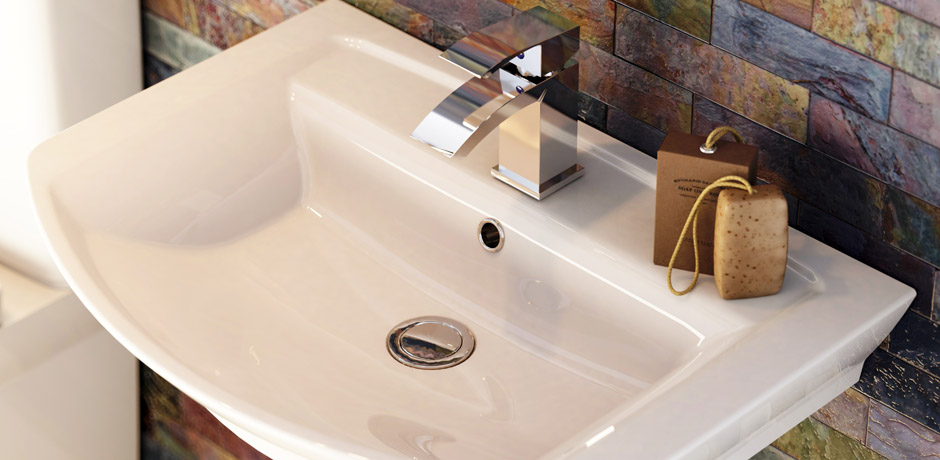 Aside from the inconvenience, a slow draining sink can lead to more serious issues if left untreated. Over time, hair, soap scum, and other debris can build up in your pipes, causing clogs and blockages. This can result in standing water and foul odors, making it difficult to use your sink. In addition, these clogs can put added strain on your plumbing system, leading to costly repairs down the line. By addressing the slow draining sink early on, you can prevent these problems and save yourself from expensive repairs in the future.
Aside from the inconvenience, a slow draining sink can lead to more serious issues if left untreated. Over time, hair, soap scum, and other debris can build up in your pipes, causing clogs and blockages. This can result in standing water and foul odors, making it difficult to use your sink. In addition, these clogs can put added strain on your plumbing system, leading to costly repairs down the line. By addressing the slow draining sink early on, you can prevent these problems and save yourself from expensive repairs in the future.
Maintaining a Clean and Hygienic Bathroom
 A slow draining sink can also be a breeding ground for bacteria and germs, making your bathroom a less hygienic and healthy space. Stagnant water can attract insects and other pests, creating a potential health hazard. By fixing the slow draining sink, you can ensure that your bathroom remains clean and hygienic for you and your family.
A slow draining sink can also be a breeding ground for bacteria and germs, making your bathroom a less hygienic and healthy space. Stagnant water can attract insects and other pests, creating a potential health hazard. By fixing the slow draining sink, you can ensure that your bathroom remains clean and hygienic for you and your family.
Aesthetics and Home Value
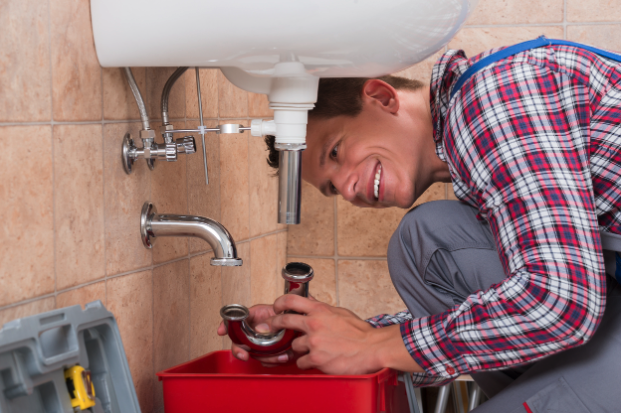 In addition to practical reasons, fixing a slow draining sink can also have aesthetic and financial benefits. A clogged sink can lead to water stains and damage to your sink and countertop, making your bathroom appear dirty and unkempt. This can also decrease the value of your home if you are looking to sell in the future. By addressing the issue, you can maintain a clean and well-maintained bathroom, increasing the value and appeal of your home.
In conclusion, a slow draining bathroom sink may seem like a minor inconvenience, but it can lead to larger problems if not addressed. By fixing this issue, you can improve efficiency and convenience, prevent clogs and costly repairs, maintain a clean and hygienic bathroom, and increase the value of your home. Don't let a slow draining sink disrupt your daily routine and cause unnecessary stress. Take the time to fix it now and enjoy a more functional and beautiful bathroom.
In addition to practical reasons, fixing a slow draining sink can also have aesthetic and financial benefits. A clogged sink can lead to water stains and damage to your sink and countertop, making your bathroom appear dirty and unkempt. This can also decrease the value of your home if you are looking to sell in the future. By addressing the issue, you can maintain a clean and well-maintained bathroom, increasing the value and appeal of your home.
In conclusion, a slow draining bathroom sink may seem like a minor inconvenience, but it can lead to larger problems if not addressed. By fixing this issue, you can improve efficiency and convenience, prevent clogs and costly repairs, maintain a clean and hygienic bathroom, and increase the value of your home. Don't let a slow draining sink disrupt your daily routine and cause unnecessary stress. Take the time to fix it now and enjoy a more functional and beautiful bathroom.



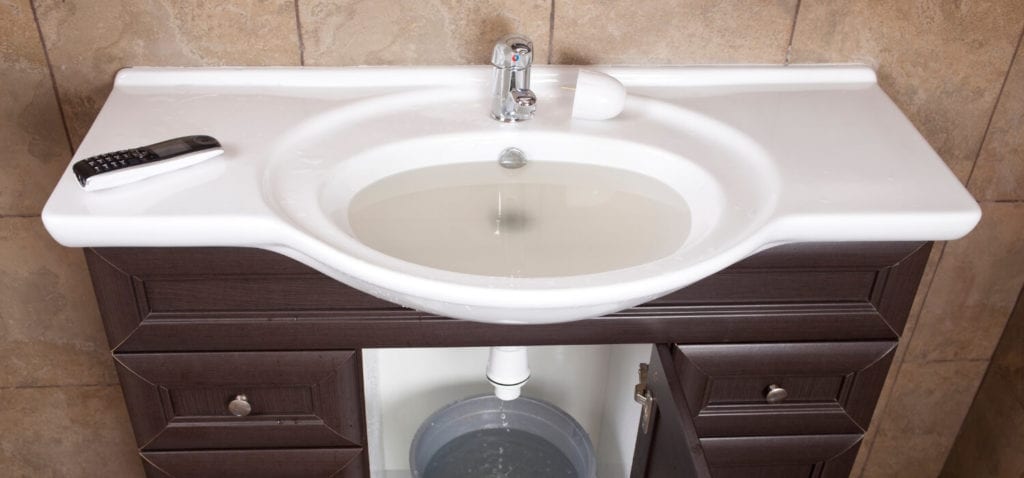









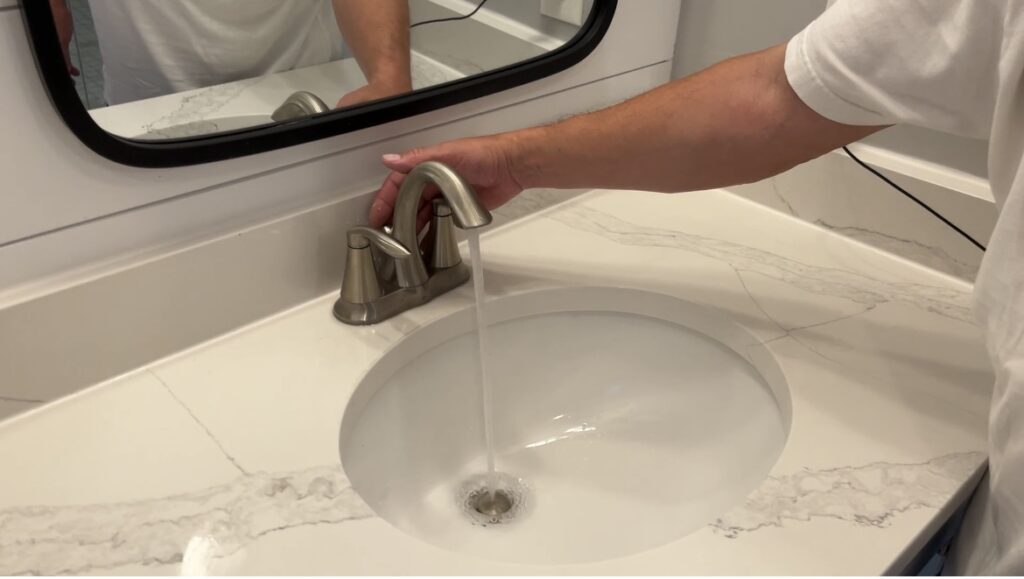

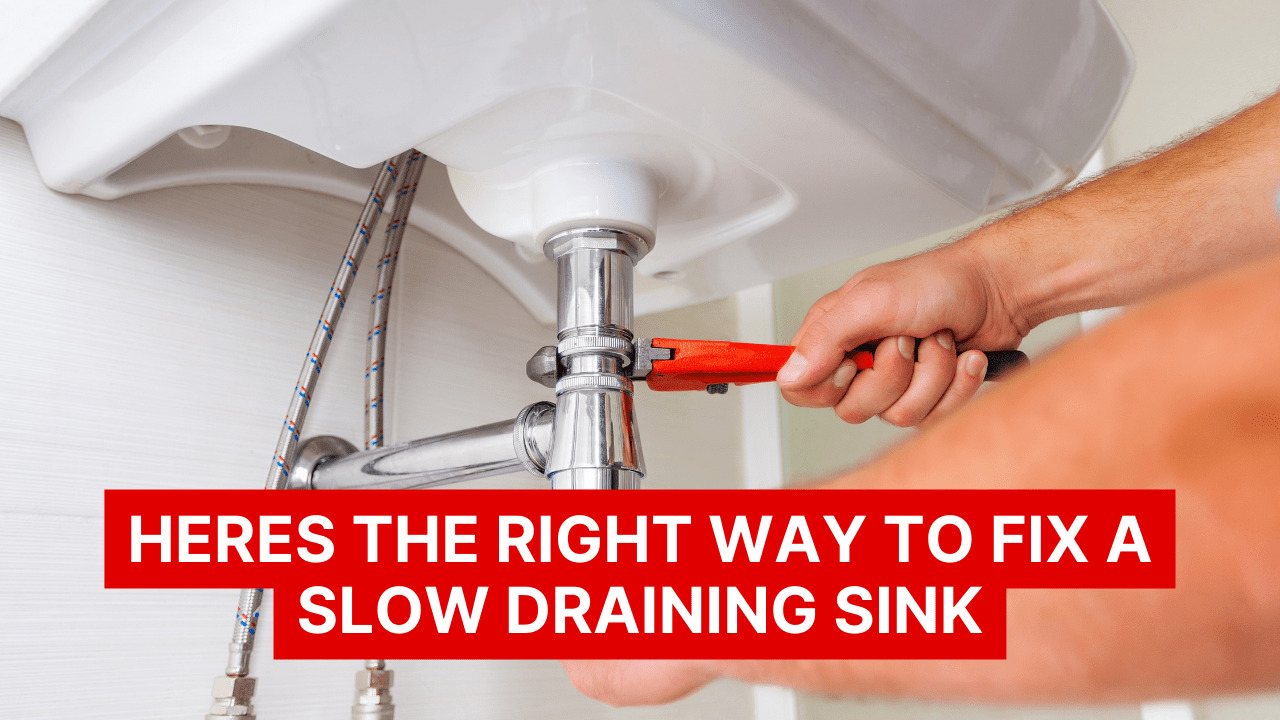






:max_bytes(150000):strip_icc()/Five-Ways-to-Fix-a-Slow-Sink-Drain-03-24c1f6dd477d46b9b5d1f70952a76933.jpg)











